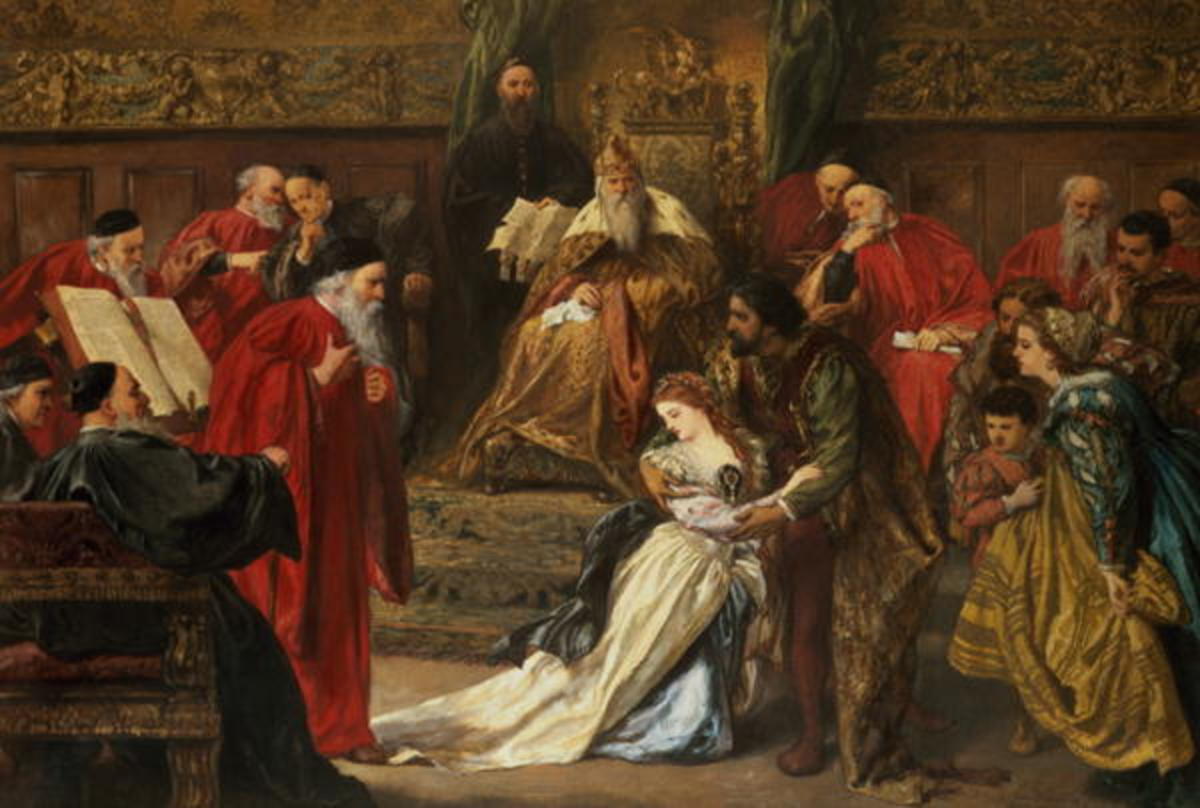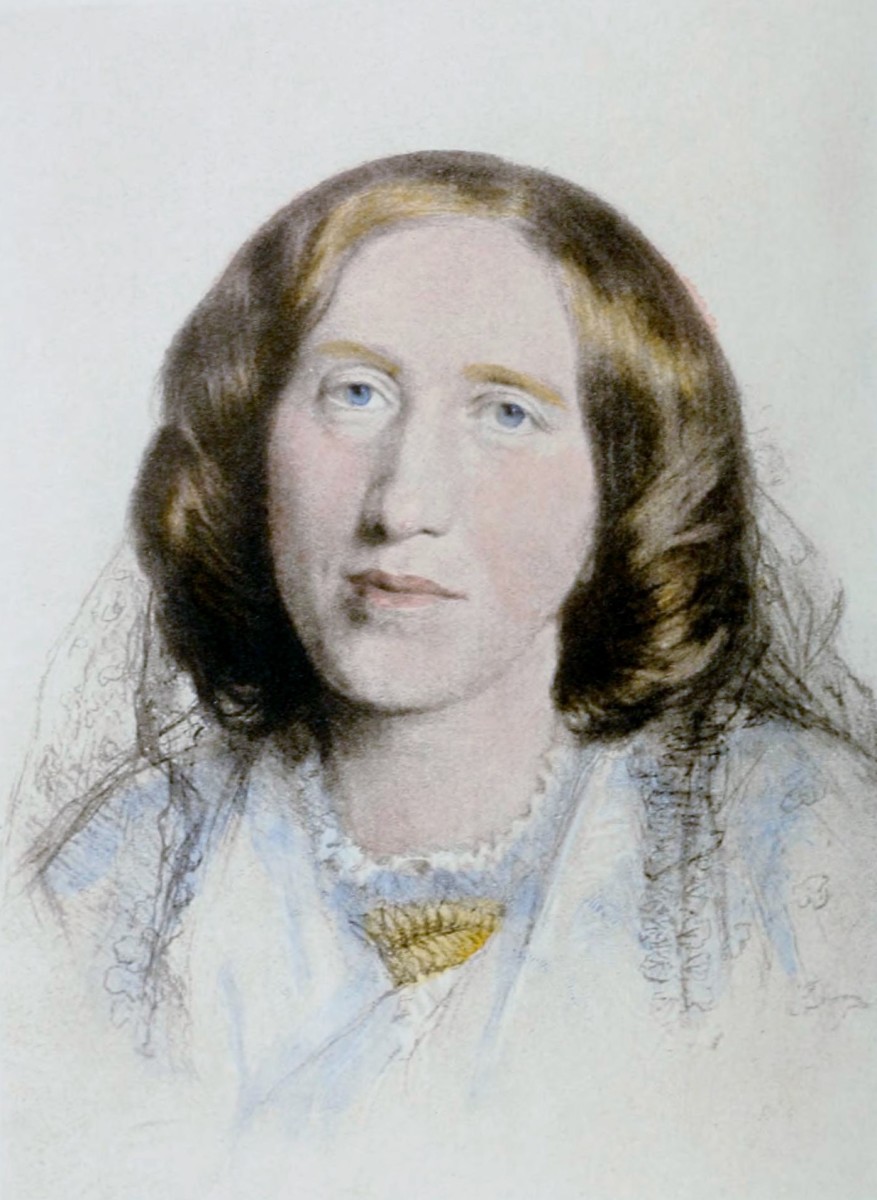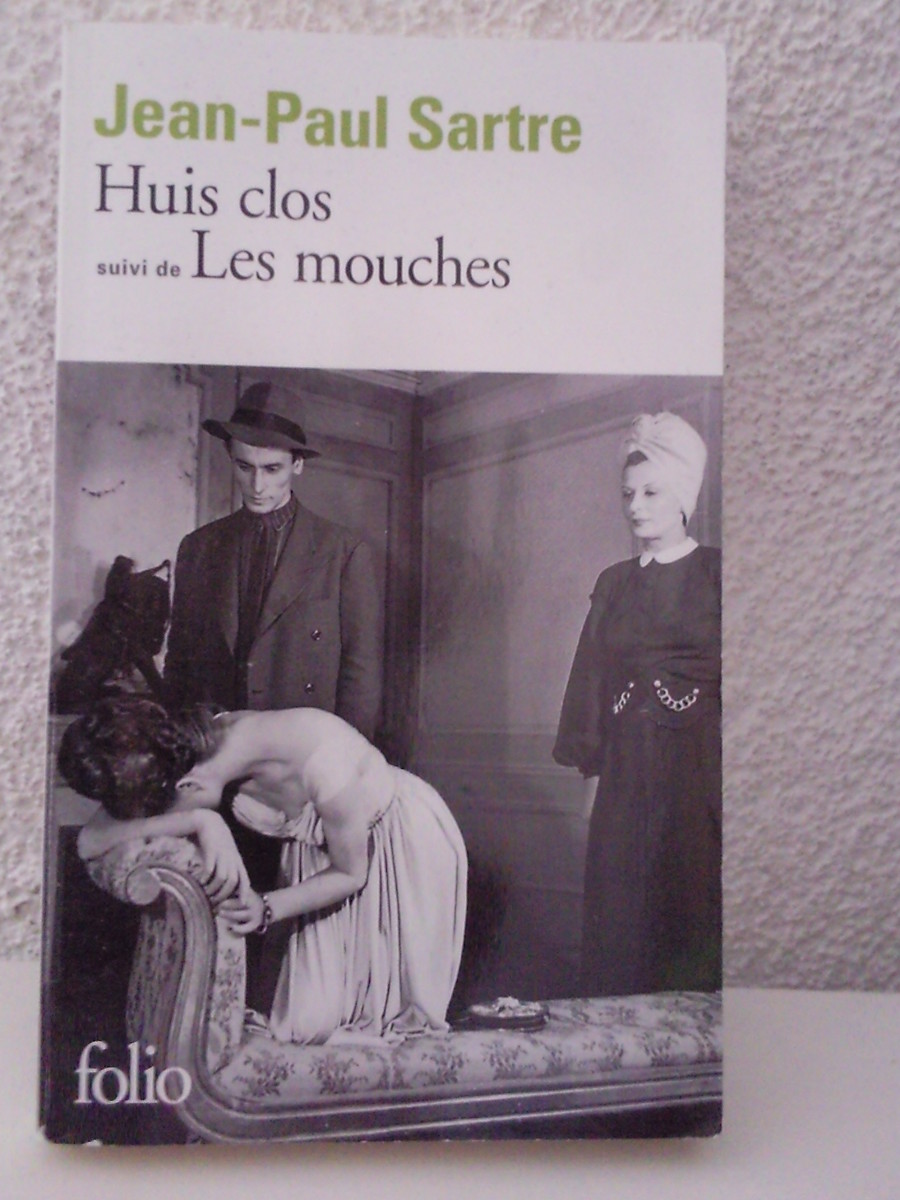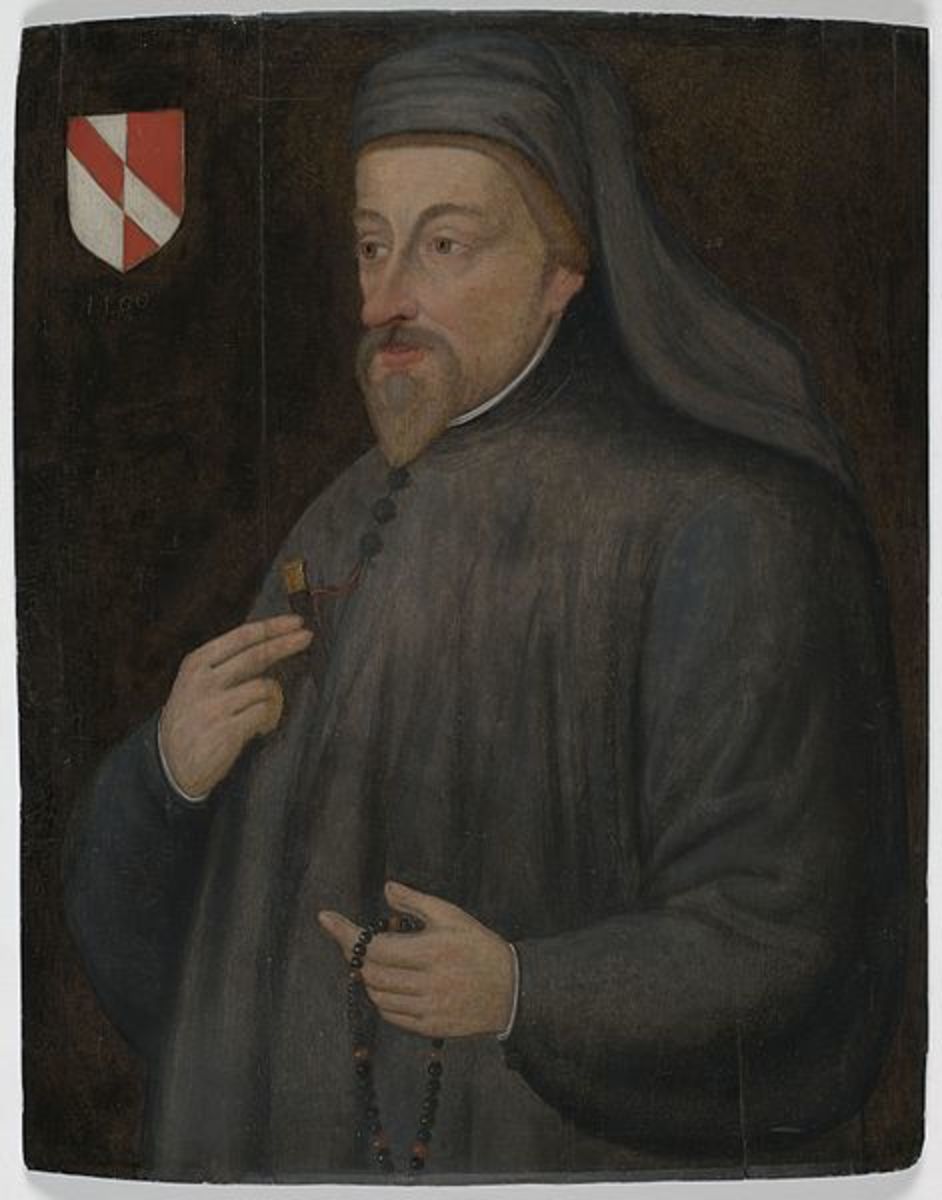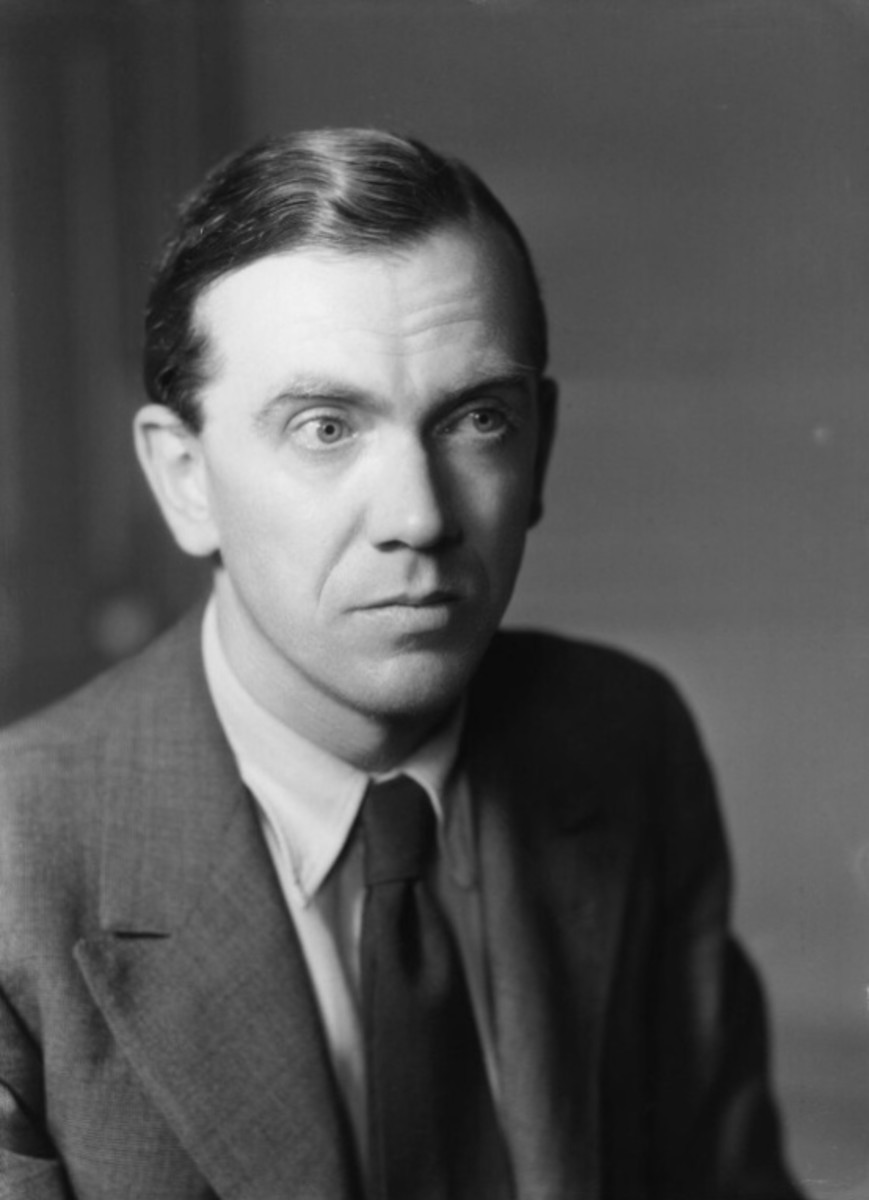Amelia Osborne Sedley: A Character Analysis
Thackery's Illustration
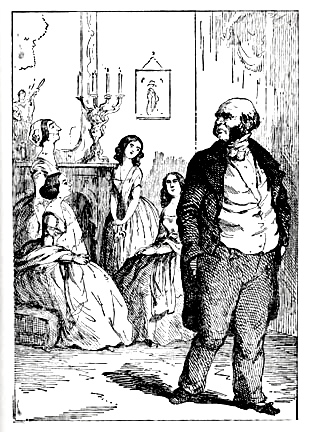
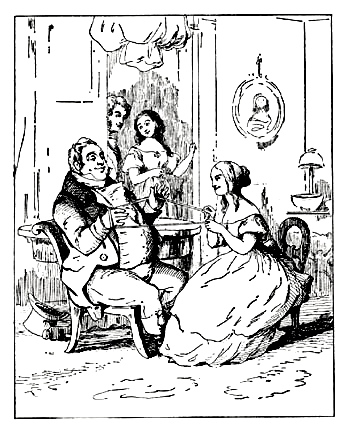
Images
Images have been scanned by Gerald Ajam
Amelia Sedley: An Angel or a Selfish, Obsessive Woman?
I took a Novel class in college in the Spring semester of my Sophomore year. We read Vanity Fair by William Makepeace Thackeray. One of our three topics was to determine whether Amelia Sedley was an angel of the household or if she was just a selfish, obsessive woman. I elected to do this topic and writing the paper out was rather interesting. I'm going to consider this article as a second version of my final draft that I did back in 2010.
My argument was that Thackeray didn't portray Amelia Sedley as the "angel in the house." I saw Amelia as a selfish and shallow woman, even if she didn't realize it. If she was a true angel in the house, she would strive to be the 'perfect' person. Ameila continued to mourn over her George instead of moving on. She is caught up in her own life and her own imaginary world in which it was just her and George. No one else mattered. She didn't even realize what she was doing to her family. Her shallowness had caused a rift between her and her father. She was supposed to come off as an angel, but considering her actions throughout the entire novel, Thackeray seems to have not failed, but not completely.
Amelia had compared George to that of a prince. Then again, a girl in love tends to obsess (at least from what I have seen) over her first love. In her case, she obsesses over her deceased husband so much that her friendship with the other ladies suffered as a result. "While under this overpowering impression, Miss Amelia neglected her twelve dear friends at Chiswick most cruelly, as such selfish people commonly will do" (Thackeray, 113). I believe that this is a good example of being on "Cloud Nine." Once again, nothing to her matters, except for her and her dear George.
To further bolster the evidence of her selfishness and shallowness, Amelia receives a piano from Dobbin, another one of her admirers. Instead of considering that this generous gift was from another admirer, she assumes that her dear George had sent it to her. Dobbin clearly hurts over this, but she doesn't notice. "Emmy did not note the circumstance at the time, nor take immediate heed of the very dismal expression which honest Dobbin's countenance assumed" (Thackeray, 587).
Her obsession concerning George becomes more obvious when she gives birth to a son. It's clear that he's nearly a carbon copy of her deceased husband because in the text, she thinks: "The elder George returned in him somehow, only improved, and as if come back from heaven. In a hundred little tones, looks, and movements, the child was so like his father, that the widow's heart thrilled as she held him to it and he would often ask the cause of her tears. It was because of his likeness to his father, she did not scruple to tell him" (Thackeray, 380).
Unfortunately, her obsession has another consequence. She doted on her son and spoiled him rotten, with the help of her father. Little George eventually became so spoiled with all the attention and gifts that's showered upon him. "She ran on amazed and flurried with her riches to Darton's shop in St. Paul's Churchyard, and there purchased the Parent's Assistant , and the Sanford and Merton Georgy longed for" (Thackeray, 455). This just further proves that Ameila Sedley is not the angel that she appears to be.
In the end, Amelia finally realizes just how shallow, obsessive, and thoughtless she was. She nearly lost the affections of Dobbin, who had loved her for some years. "That is but the pretext, Amelia, or I have loved you and watched you for fifteen years in vain" (Thackeray, 661). Dobbin had allowed himself to get walked on by Amelia and she didn't care. Most Victorian women in the domestic sphere would allow a year to grieve over their husbands before moving on and maybe find another husband and secure a fortune. This is not so for Amelia. Instead of securing a new situation in life for her and her son, she cuts herself off from everyone.
"On Selfishness.-- Of all the vices which degrade the human, character, selfishness is the most odious and contemptible. An undue love of Self leads to the most monstrous crimes; and occasions the greatest misfortunes both in States and Families . As a selfish man will impoverish his family and often bring them to ruin; so a selfish king brings ruin on his people and often plunges them into war" (Thackeray, 578). I thought this quote fit Amelia almost to a T. Her crimes of selfishness and obsession were not monstrous, but they did have serious consequences. This proves that she is that she is far from the angel that she really is.
Thackeray, William Makepeace. Vanity Fair. New York: Barnes & Noble Books, 2003. Print.

